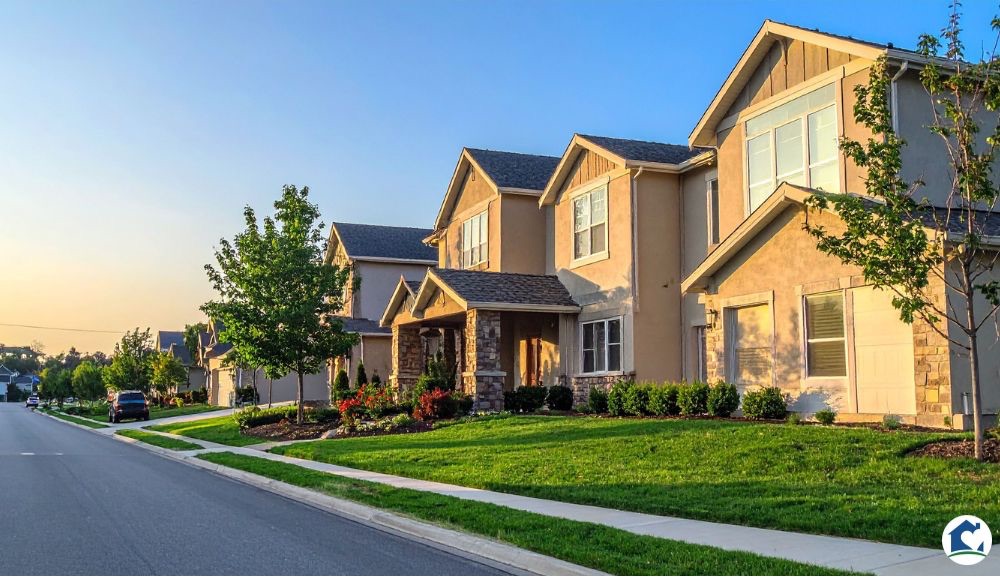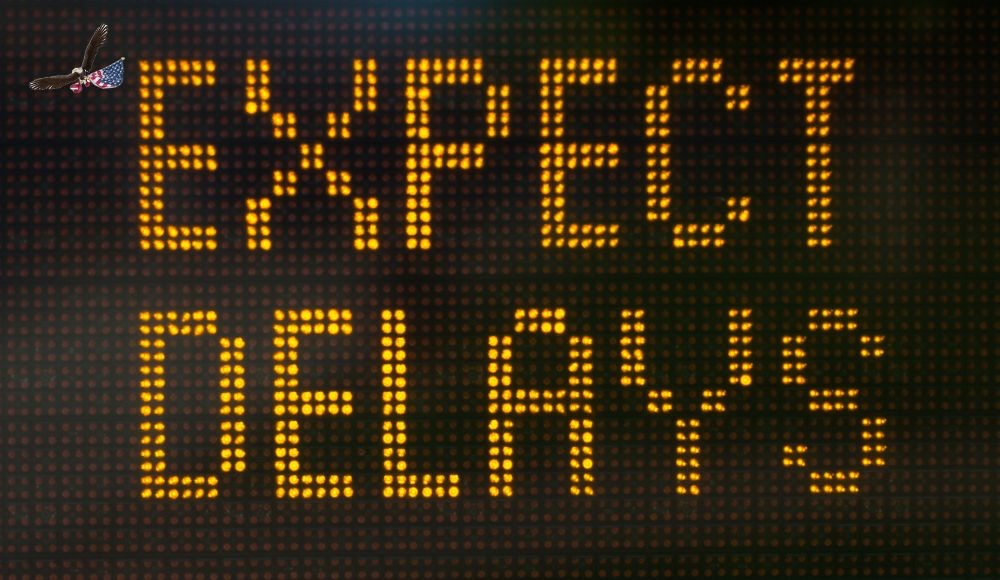
People who own more than one rental property have found a smart way to build wealth over time. Having more than one property, on the other hand, could also mean more risks and responsibilities. Any of these properties could be damaged, result in a liability claim, or give rise to a tenant dispute. Without enough rental property insurance, those risks can quickly get worse.
Landlord insurance for several properties protects all of your properties with a single, reliable policy. The right approach can make managing two units or twenty easier and save you money over time.
Managing Multiple Policies
It can be hard for landlords with multiple properties to keep track of all their insurance policies. Because each property may have its own renewal date, premium, and coverage details, there is ample room for mistakes. If you don't pay or renew on time, a building could be without insurance for a short time, which could cost you a lot of money.
Many property owners choose to get all their insurance from one company or a portfolio policy to avoid these problems. This method makes it easier to keep track of your coverage and ensure that all your properties are always covered. You will know exactly what is and isn't covered, which will make it easier to file claims or change your coverage as your portfolio grows.
Bundling Options
Most insurers offer bundling options for landlords with multiple properties. A "multi-property" or "portfolio" landlord policy can group several locations under one umbrella while maintaining individual coverage limits for each. This structure provides both convenience and flexibility. For example, if one property experiences water damage while another suffers a liability claim, both can be handled independently without affecting the rest of your portfolio.
Bundling also tends to come with financial benefits. Insurers often offer discounts for landlords who consolidate their rental properties insurance into a single policy, helping reduce total premiums. Additionally, working with one insurer builds a stronger relationship, which can result in smoother claims handling and better customer support when you need it most.
Tracking and Administration
It might be challenging to track many claims, policies, and renewals simultaneously. A digital property management system or a spreadsheet can help you keep track of policy numbers, expiration dates, and coverage details. Some insurance companies now offer online dashboards that show landlords all their properties and policies in one place. This makes it easier to keep track of things and make changes.
It is also essential to review your policies regularly. As your property portfolio grows or your tenants move out, your insurance needs will change. Every year, you should review your coverage to ensure your limits and endorsements, such as loss of rent, building replacement, and liability protection, are still sufficient for your needs.
Protect Yourself with Landlord Insurance on Multiple Properties
Are you looking for an excellent price on landlord insurance? Contact our team today! As independent brokers, we will shop the market to find you the best deal on quality landlord insurance!
Call American Insuring Group today at (610) 775-3848 or contact us online to start saving.
















